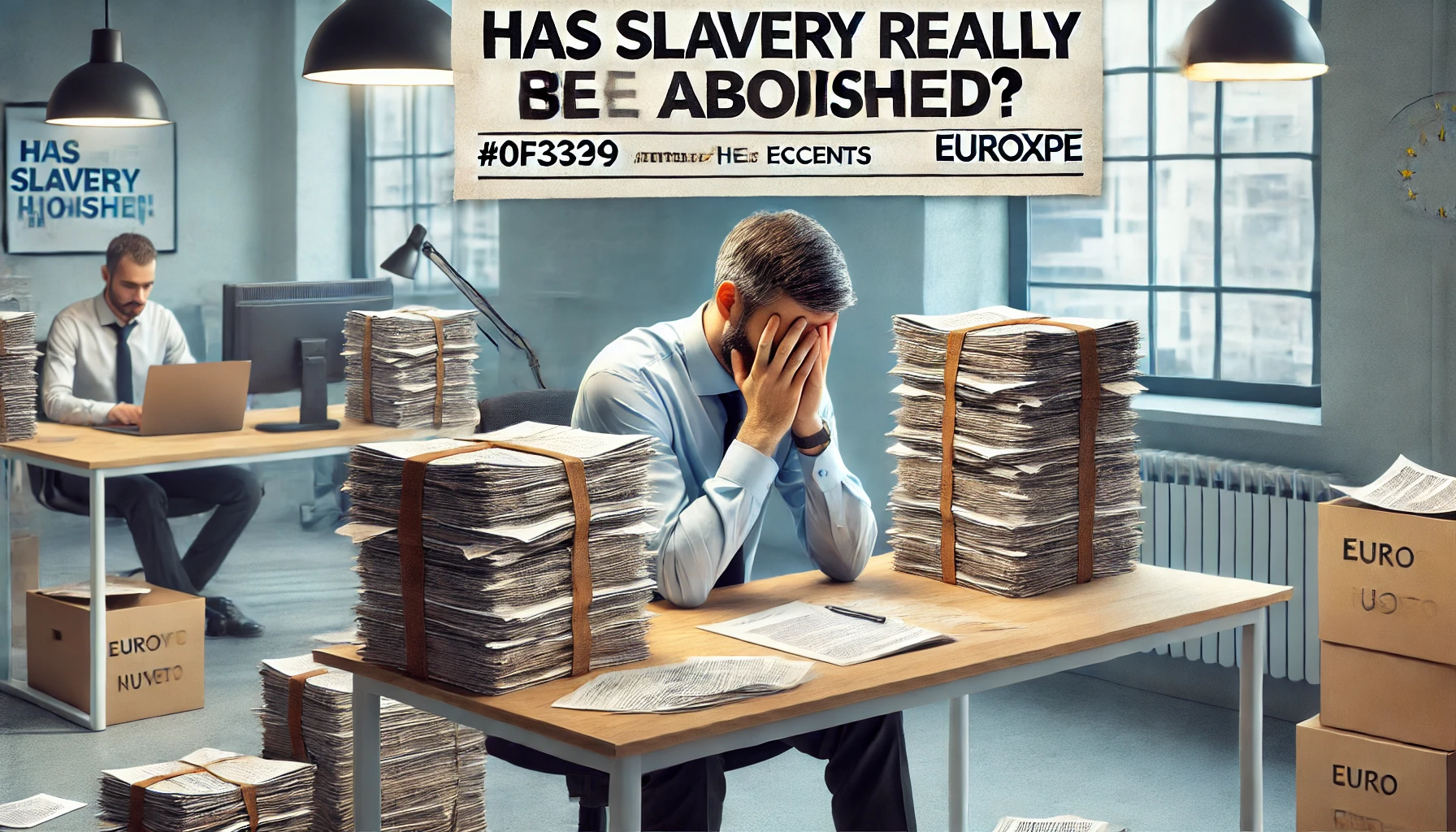The Maltese government has announced a sweeping reform of its labour migration policy, aiming to create a new “balance” in the workforce. Presented by Prime Minister Robert Abela and Minister for Home Affairs, Security, and Employment Byron Camilleri, the reform’s stated goals are to protect workers’ rights, foster stability, and ensure that non-EU nationals are only employed where there is a genuine need.
The new policy, which has been open for public consultation, is built on four core principles:
- Stability: Incentivising employers to retain existing staff through training and development, rather than relying on a continuous cycle of new foreign workers.
- Workers’ Rights: Strengthening protections for foreign workers and punishing employers who engage in exploitation. This is also intended to shield Maltese workers from unfair competition.
- Checks on Necessity: Ensuring that third-country nationals are only hired for sectors with verified labour shortages, such as healthcare and elderly care.
- Investment in Skills: Promoting training and upskilling, with the introduction of a “skills card” to be expanded beyond the tourism sector.
Prime Minister Abela emphasised that the policy is part of the “Malta 2050” vision, a long-term plan to create a sustainable economy. He stated that foreign workers should only enter the country “where and when our country needs them,” adding that authorities would have “full control” over the process. Minister Camilleri echoed this, stressing the need for strong enforcement against abuse and a shift in how the country manages its foreign workforce.
The Reality on the Ground: A Disconnect Between Policy and Experience
While the government’s official stance is one of control and worker protection, the reality on the ground for many foreign workers in Malta appears to be starkly different. Despite the authorities’ public pledges, a significant number of migrants are reporting systemic and often arbitrary issues that are not being addressed.
Many individuals who have been living and working in Malta legally for years, dutifully paying their taxes and social security contributions, are finding their work visa renewals unjustly and inexplicably denied. These rejections often lack a clear reason, leaving skilled, contributing members of society in a state of limbo.
Furthermore, these issues are compounded by what many describe as a deeply unresponsive bureaucracy. Migrants and their legal representatives report that official government bodies and departments are consistently ignoring their complaints and appeals. Emails go unanswered, lawyers are left without a response for months or even years, and the process of seeking clarification or resolution becomes an endless loop of delay tactics.
This pattern of inaction and silence from official channels is pushing many into a desperate situation. For those who are wrongly denied a visa renewal, this bureaucratic stonewalling effectively places them in a position where they face a baseless EU ban, a devastating consequence for someone who has played by the rules. The gap between the government’s promise of a fair and stable system and the daily struggles of a large segment of the foreign workforce raises serious questions about the true implementation of this new policy.
The public consultation, which closed on 9 February 2025, was presented as an opportunity for all stakeholders to contribute. However, for those caught in the administrative quagmire, the consultation’s words ring hollow when their most basic complaints are being overlooked.






